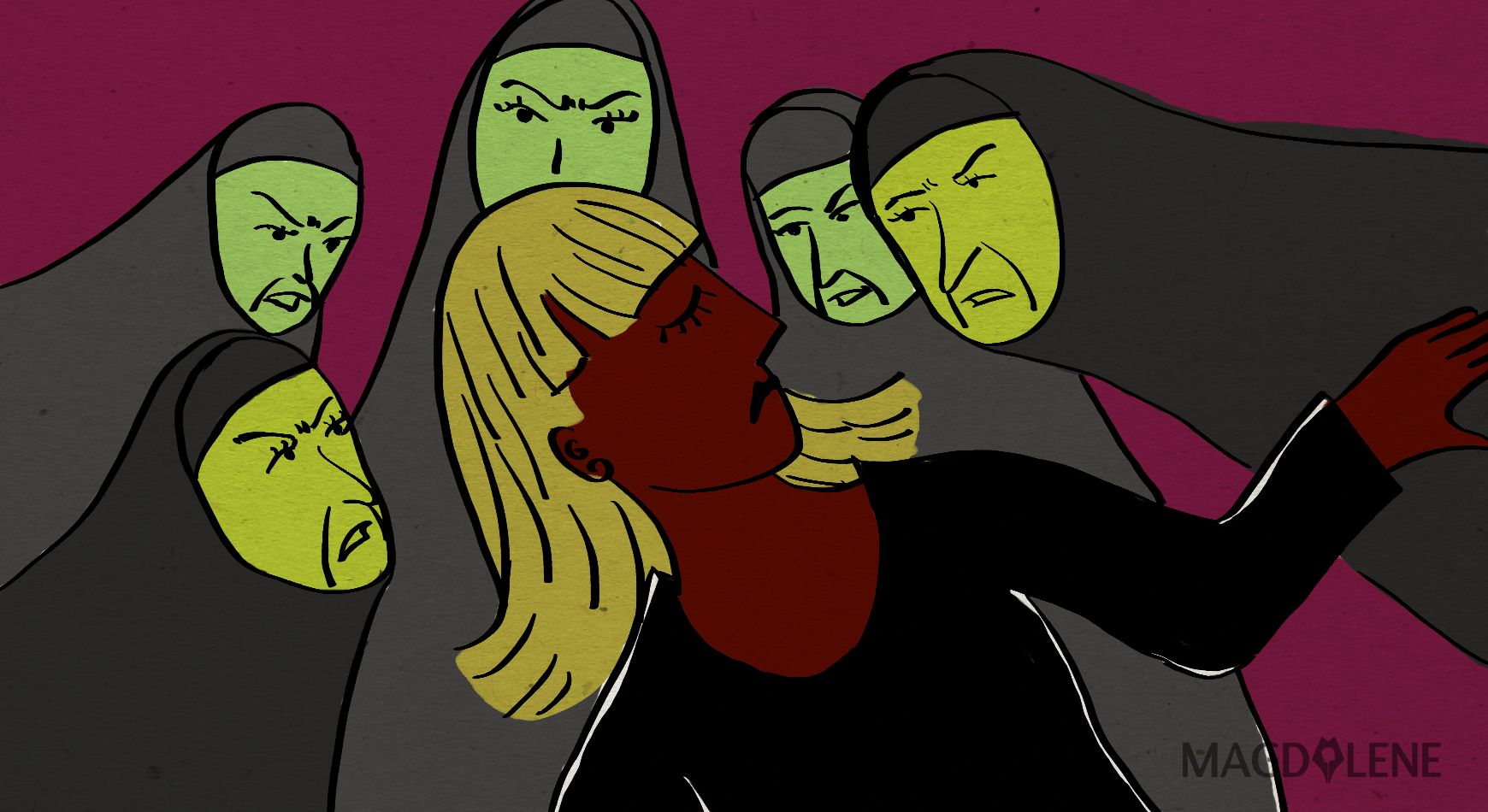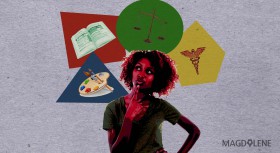Women followers of traditional religions and beliefs face daily discrimination and violent threats in Indonesia, much of them perpetrated by the state, according to the National Commission on Violence against Women (Komnas Perempuan).
The finding came from a report focusing on discrimination and violence imposed on women who are followers of minority religious sects or traditional and animistic beliefs. In the period of 2011-2015, Komnas Perempuan recorded 115 cases of violence and discriminations against 57 women who fall into this category. They include 50 cases of violence and 65 of discrimination.
Most of the abuse or discrimination cases were related to the state at 54 incidents, while there were 27 cases violence in public realm. There are also two domestic abuse cases related to the right to believe, and one case that ended up in murder.
Head of Komnas Perempuan Azriana pointed at the existing 1965 law on religious blasphemy as the root of the problem.
“The law says that anything that contradicts the five official religions is considered an act of blasphemy,” she said during a press conference held at the Constitutional Court on Wednesday (Aug. 3).
“We have proposed a judicial review back in 2010, but it failed,” she added. “We will try again, because it’s impossible to fix anything if the law still exists.”
The cases are divided into three types of violence: psychological violence involving stigmatization or labeling and intimidations; sexual violence including forcing women to wear a certain type of clothing as well as sexual harrasment; and physical violence including abuse cases and murder cases.
The state plays a role in perpetuating the discrimination. Sixty five of the cases found by Komnas Perempuan revolve around citizenship issue. The rest include accesses to jobs and work benefits, to education, and to government’s assistance. Two cases involve barriers to the construction of houses of worship, five were related to violation against their rights to perform prayers, and at least one deals with a restriction on religious organization.
In general, followers of the traditional faiths are proned to be stigmatized as infidels who are uncivilized or misguided. For example, thousands of young of followers of the Javanese spiritual movement Sapta Dharma have been bullied by their peers and forced by their teachers to learn and perform religious rituals that are not theirs. A boy could not pass to the next grade in school, because he failed the examination on the subject of religion, which was not his.
A woman from a community that practices pre-Musim faith in Kajang District in South Sulawesi was forced by the local government to wear hijab while having her photo taken for her state identity card (KTP), although she does not normally wear hijab. Consequently, many women in Kajang chose not to have ID card at all.
While the government says that people can choose to practice their own beliefs, those who declare their religion as other than the six government-acknowledge religions are bound to encounter administrative problems that hamper their lives and career. The six largely accepted religions are Islam, Christianity, Catholicism, Hinduism, Buddhism and Confucianism.
For instance, civil servants who state Sunda Wiwitan, which is the traditional belief of the Sundanese in West Java, as their religion on their ID Card may be denied allowance or retirement benefits that their colleagues are entitled to. Many Sunda Wiwitan followers then have no choice but to declare that they belong to one the six majority religions, to avoid jeopardizing their careers.
The state does not recognize the marriages of Sunda Wiwitan members, as they were not officiated by religious clerics. A Sunda Wiwitan marriage is verified by the parents of the bride and groom. This means a child born to a Sunda Wiwitan couple will not have the name of their father on the birth certificate.
Azriana said Komnas Perempuan will report the problems to the Universal Periodic Review, mechanism at the United Nations to examine the human rights performance of all its country members.
Komnas Perempuan also gave a set of recommendation to the government, among them:
- Improving the laws and regulations to guarantee all its citizens’ the freedom to practice their religion and belief, free from violence and discrimination
- Developing mechanisms to monitor non-discrimination principles to end religion and gender-based violence
- Ending the impunity of perpetrators of religion-based discrimination
- Reforming the bureaucracy including the Ministry of Religious Affair to better address institutionalized discriminations against minority and traditional faith worshippers
- Integrating religious tolerance and diversity in the national education curriculum and educating the public on diversity
Read Ayunda’s piece on how the media should cover sexual violence.









Comments